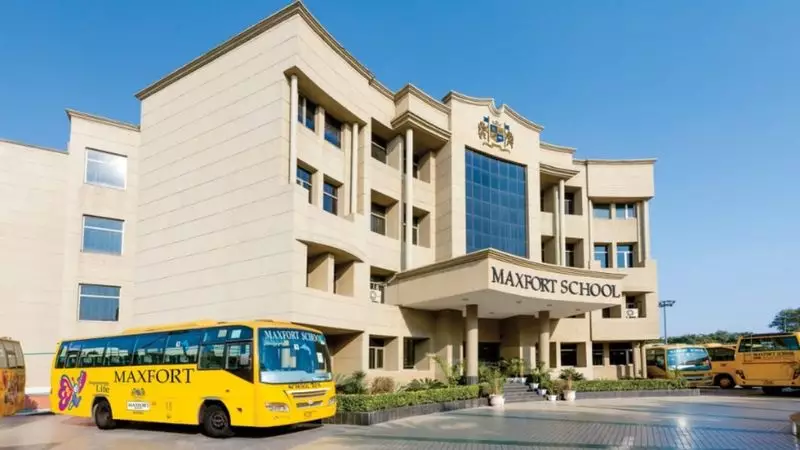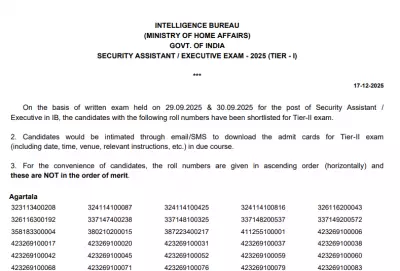
In a groundbreaking move that sets new standards for modern education, Maxfort School has unveiled an innovative learning framework designed to equip students with essential 21st-century skills. This comprehensive educational transformation represents a significant leap forward in preparing young minds for an increasingly complex future.
The Three Pillars of Future-Ready Education
The school's visionary framework rests on three fundamental pillars that redefine conventional learning approaches:
- Artificial Intelligence Integration: Moving beyond traditional computer literacy, students will engage with AI technologies through hands-on projects, coding exercises, and ethical AI discussions that foster critical thinking and digital fluency.
- Sustainability Education: Environmental consciousness takes center stage with practical initiatives including waste management programs, renewable energy projects, and ecological conservation activities that instill lifelong environmental stewardship values.
- Experiential Learning Methodology: The curriculum emphasizes learning by doing through industry collaborations, real-world problem-solving scenarios, and project-based assignments that bridge theoretical knowledge with practical application.
Transforming Classrooms into Innovation Hubs
The implementation strategy involves complete classroom makeovers where traditional lecture-based instruction gives way to dynamic, interactive learning environments. These spaces will feature cutting-edge technology labs, collaborative work zones, and sustainability demonstration areas that actively engage students in their educational journey.
School administrators emphasize that this initiative represents more than just curriculum enhancement—it's a fundamental reimagining of educational philosophy. By embedding AI literacy and environmental awareness throughout all subjects, Maxfort aims to develop well-rounded individuals capable of addressing global challenges with innovative solutions.
Preparing for Tomorrow's World
This forward-thinking approach addresses the growing gap between conventional education and rapidly evolving workplace demands. Students will graduate not just with academic knowledge but with practical skills in emerging technologies, sustainable practices, and adaptive thinking that are increasingly valuable in today's competitive landscape.
The framework has been carefully designed to align with global educational trends while maintaining strong roots in academic excellence. Early feedback from educators and parents indicates strong enthusiasm for this progressive educational model that promises to position students at the forefront of technological and environmental innovation.





